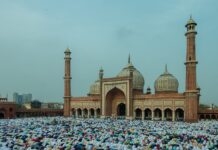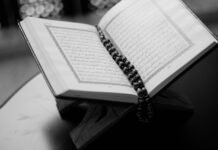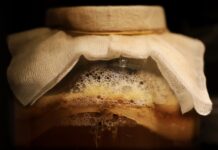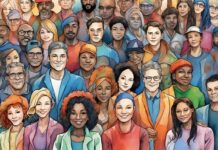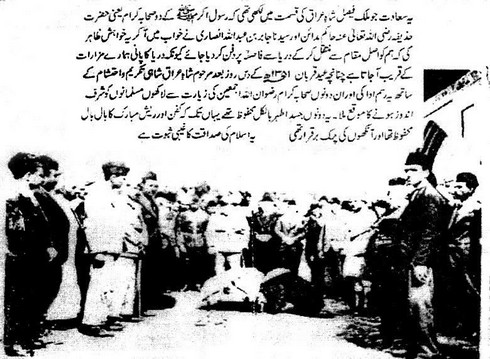
Another event in the History of Islam has been recorded during the reign of Shah Faisal Ibn Husayn (May 20, 1883 – September 8, 1933), King of Greater Syria in 1920 and King of Iraq from 1921 to 1933. He was a member of the Hashemite dynasty.
In 1932 A.D. (1351 A.H.) Shah Faisal I, saw in a dream that he was being addressed by Hadhrat Hudhaifa al-Yamani (رضئ اللہ تعالی عنہ) (died 36 AH), who said:
“O King! Remove Jabir ibn Abdullah al-Ansari (رضئ اللہ تعالی عنہ) (died 78 AH) and me from the bank of river Tigris and bury us at some safe place because my grave is already water-logged, (full of water) while Jabir ibn Abdullah al-Ansari’s (رضئ اللہ تعالی عنہ) grave is slowly getting water-logged.”
This dream was repeated again the next night but King Faisal I, did not pay attention to it on account of his pre-occupation with state affairs. On the third night Hadhrat Hudhaifa al-Yamani (رضئ اللہ تعالی عنہ) was seen in the dream by the grand Mufti of Iraq and said to the grand Mufti: “I have been directing the king since two nights to transfer our Bodies but he has not paid any heed. Tell him emphatically to arrange for the transfer of our graves!”
So after discussing this matter, the King, his Prime Minister and the Grand Mufti decided to carry out this work. It was decided that the Grand Mufti should issue a fatwa (religious ruling) on this matter and the Prime Minister will issue statement to the press, so that the public may know about this great event. It was declared that on 10th Zulhijjah after noon prayers the graves shall be opened and the holy bodies shall be transferred to another place.
As it was Hajj season, pilgrims had gathered in Makkah. They requested King Faisal I, to postpone the event for a few days so that they all could attend the event after performing the Hajj. Hence, the King postponed this event to 20th Zulhijjah.
After Zuhar prayers, on 20th Zulhijjah 1351 A.H. a large number of Muslims and non-Muslims gathered in Baghdad, and the city was heavily crowded. First when the grave of Hadhrat Hudhaifa al-Yamani (رضئ اللہ تعالی عنہ) was opened water was found inside. The body was lifted with a crane in such a way that it safely came on a stretcher. Then the stretcher was lifted by the King, the Grand Mufti, the Prime Minister and Prince Farooq of Egypt and brought to a glass coffin box made especially to keep the holy bodies. The body of Hadhrat Jabir ibn Abdullah al-Ansari(رضئ اللہ تعالی عنہ) was also transferred to the glass box in the same scrupulous manner.
The most marvelous spectacle was now seen by the huge crowd that had gathered to witness this great event. Both the bodies of these true companions ( رضئ اللھ تعالی عنہم ) of Prophet Muhammad (صلى الله عليه و آله وسلم) were fresh and intact while their open eyes issued forth such divine light that the spectator’s eyes were dazzled. Furthermore, their coffin, clothes were also intact and at first glance, it appeared as if these heroes of Islam were alive. The two bodies were then taken away and buried afresh near the grave of another great hero of Islam, Hazrat Salman-e-Farsi (رضئ اللہ تعالی عنہ), in Salman Park which is 30 miles from Baghdad. This spectacle amazed the scientists, philosophers and doctors. They were all bewildered and spellbound to witness this great miracle that Awliya Allah are alive in Life after Death and even their bodies are protected by Allah ( سبحانہ و تعا لی ).

A German physiologist who had been showing a lot of interest in this was so impressed by the conditions of the bodies, which were buried for more than a thousand years, that he immediately came to the Grand Mufti, held up his hands and said, “What more evidence can there be in support of (true) Islam. I embrace Islam so teach me about it!” Thus before thousands of people this German doctor became a Muslim. His example was followed by many Christians and Jews and for a long time it continued in Baghdad and a large number of people became Muslims as a result of this spectacle.
Pakistani newspaper “Daily Jung” also published the above event in its June 7, 1970 publication.
